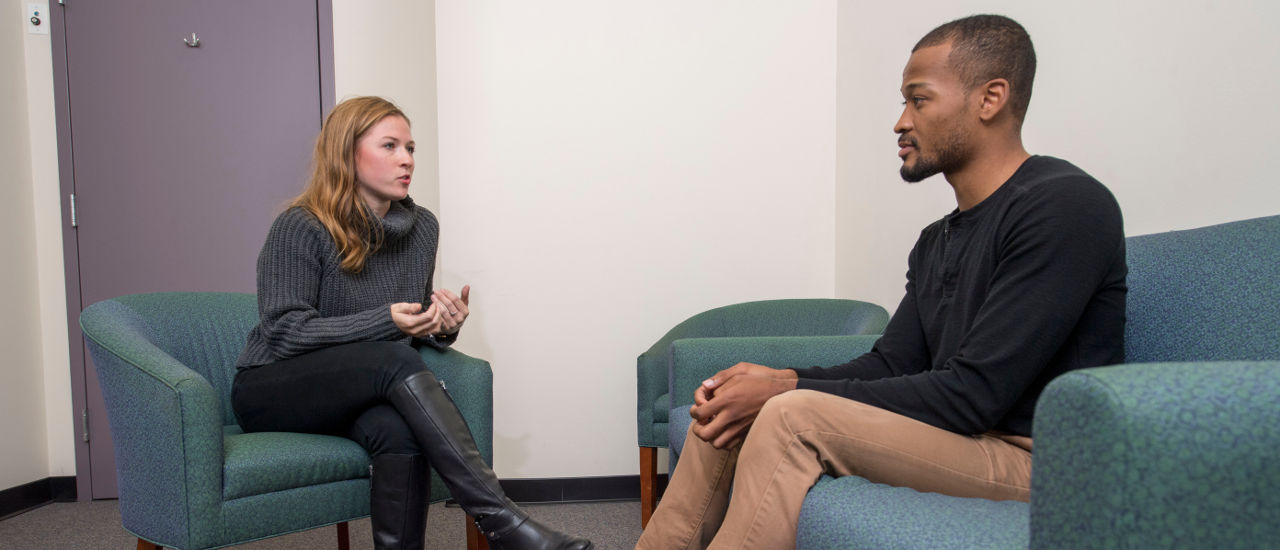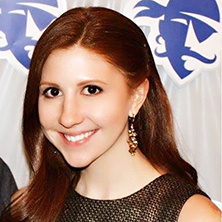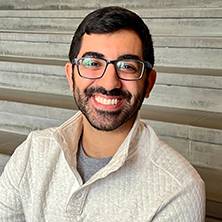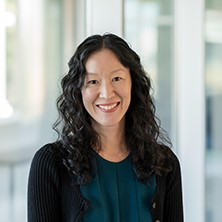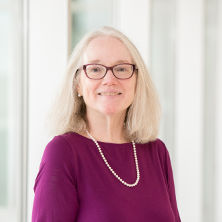Counseling Psychology
The overarching goal of the Ph.D. in Counseling Psychology, offered through Seton Hall University's College of Human Development, Culture, and Media is to prepare counseling psychologists in the scientist-practitioner model to assume roles as responsible, competent members of the professional psychological community with an understanding of both the value of research and applied practice. The program is accredited by the American Psychological Association (APA) through its Office of Program Consultation and Accreditation (750 First Street NE, Washington, D.C. 20002-4242; Phone: 202-336-5979) since October 22, 1999.
The Program
The Ph.D. in Counseling Psychology is a 94-credit, full-time program. All students follow a defined sequence of training in theory, multicultural competence, research and practice. Consistent with the scientist-practitioner model, students are involved in research projects throughout their training. This begins in the first year, with an assignment as a research assistant to a faculty member and culminates with the design, data collection and analysis of at least one independent research project in addition to the dissertation.
Students have a variety of opportunities to engage in leadership activities and community outreach including involvement in professional organizations and the Counseling Psychology Student Association. First-year students complete practicum placements as a cohort working with populations across the lifespan. Second through fourth year students apply for externships in various settings within the areas including college counseling centers, hospitals, and community mental health centers. The program will culminate with a full-time internship during the fifth year.

